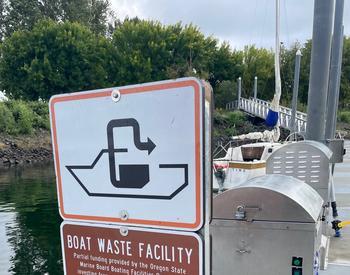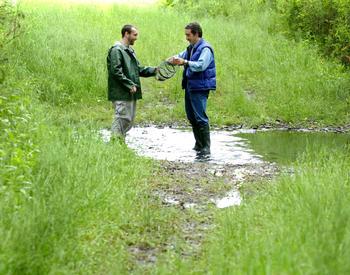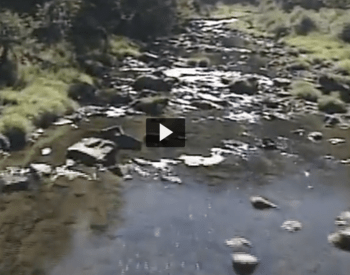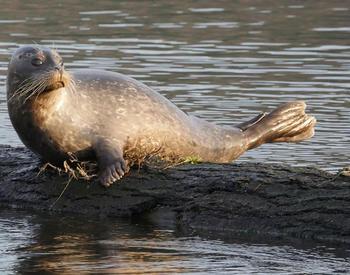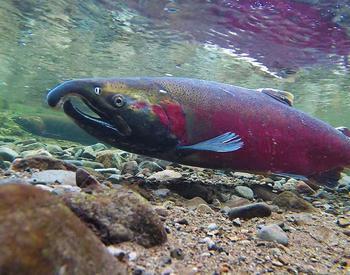I just stocked a small pond with fingerling (~1-1.5 inch) rainbow trout and now realize we have a very large number of Rough skin newts and their eggs. I heard these were voracious carnivores and fear for the lives of the fish.
What can I do to protect the fish? Is there a way to decrease the newt population if necessary without harming the fish? I heard that they will come back to their home pond if relocated.
Newt diets
Rough-skinned newts (Taricha granulosa) are generalist predators, however, they tend not to eat a lot of fish. Adults feed mostly on soft-bodied, slow-moving prey. Adults will approach a prey item slowly and deliberately, and then quickly open their mouths. This is called suction-feeding and it is used to capture most prey, though large prey may be grasped with the jaws.
The adult diet consists of a wide range of aquatic and terrestrial invertebrates as well as amphibian eggs and larvae. Invertebrate prey includes crustaceans, insects, arachnids, mollusks, and leeches. Vertebrate prey consists of amphibian eggs and larvae of long-toed salamanders, northwestern salamanders, northern red-legged frogs, Pacific chorus frogs, and western toads. Small fishes may be eaten on the rare occasions when they can be caught.
Newts and fish
There is no way to reduce the newt population that would not be harmful to the fish, and it is not really necessary. If this is a regular breeding pond, then you will always have the newts. But since fish are rarely eaten, I would not worry. They already have a food preference other than trout and will continue to eat those prey.


